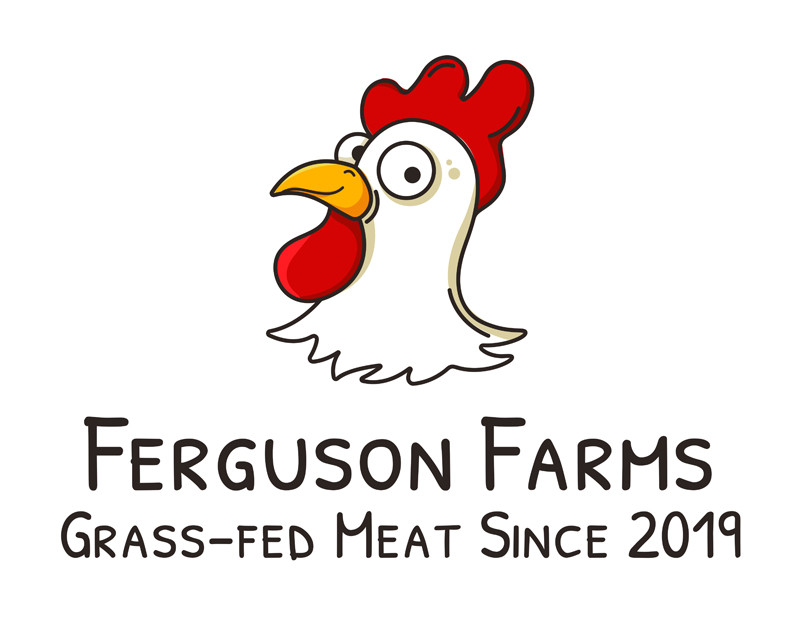Is Buying a Quarter Cow Worth It? A Real Grass-Finished Cost Breakdown
Is buying a quarter cow worth it? If you regularly purchase grass-fed beef and want long-term cost stability, a quarter cow can be a smart way to stock your freezer. In this guide, we break down the real quarter cow cost per pound, explain the difference between hanging weight and take-home weight, and show how bulk pricing compares to grocery store grass-fed beef. You’ll also learn how much freezer space you need, who bulk buying makes sense for, and how Ferguson Farms delivers 100% grass-fed and grass-finished beef—raised without GMOs, added hormones, or antibiotics—frozen nationwide.









